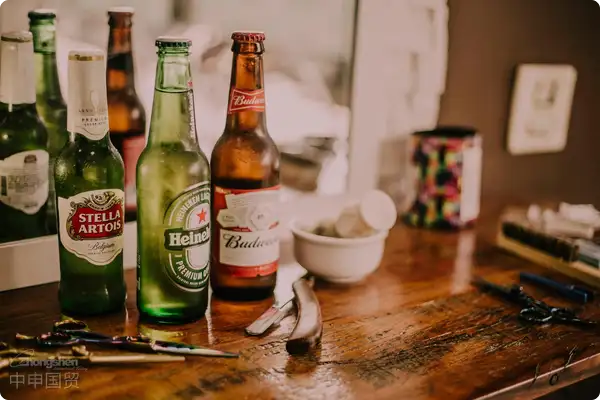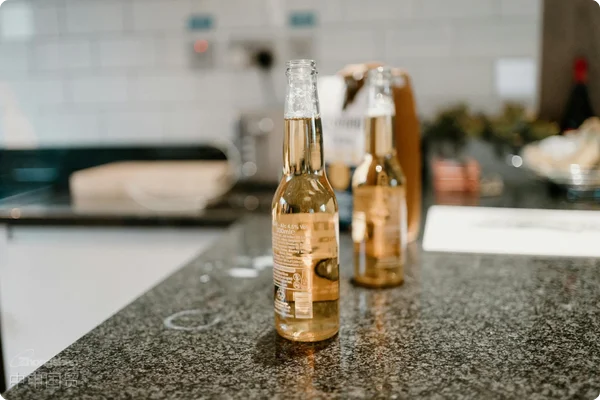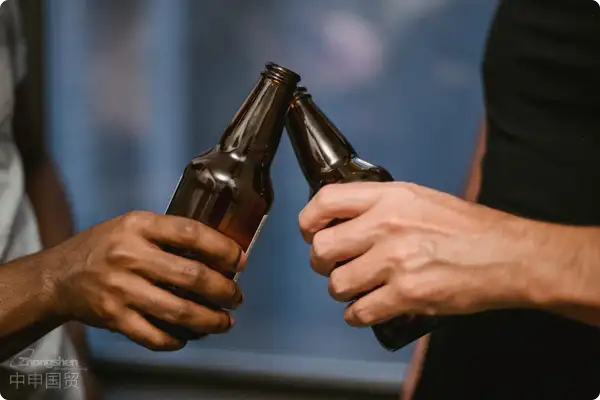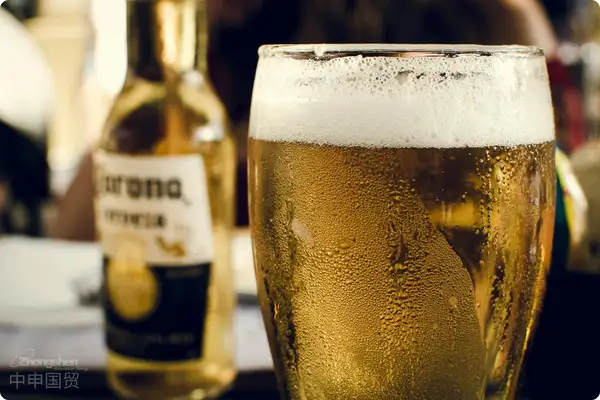- Shanghai Zhongshen International Trade Co., Ltd. - Two decades of trade agency expertise.
- Service Hotline: 139 1787 2118
A variety of imported beverages with diverse flavors and exquisite packaging are deeply loved by consumers and have become an indispensable part of daily life. However, while enjoying these exotic - flavored drinks, do consumers really understand their standards and requirements? This article will deeply explore the relevant standards, classification, and compliance requirements of imported beverages in the Chinese market.
I. Definition and Classification of Beverages
The edible aquatic animals in these regulations include fish, crustaceans, mollusks, etc. originating from Indonesia, regardless of the fishing method, including both wild capture and artificial breeding. According to GB 7101-2022 standard, beverages refer to food products made from one or more edible ingredients, possibly with added auxiliary materials, food additives, and nutritional fortifiers, processed and packaged for direct consumption or brewing, with an ethanol content not exceeding 0.5%. These products include a wide variety, such as carbonated beverages, fruit and vegetable juice beverages, and protein beverages.
HS code: The customs code range for imported beverages is 2201101000 - 2202900099 and 2206009000, which is the classification standard that imported beverages must abide by when entering the Chinese market.
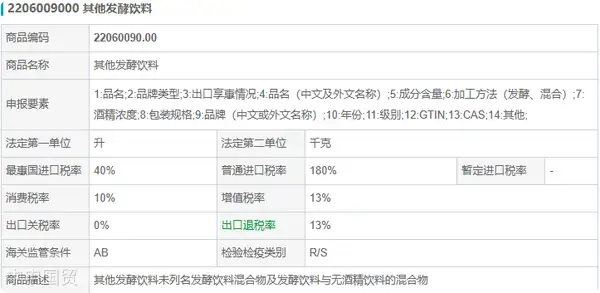

Product Types: Imported beverages cover a wide variety of types such as carbonated beverages, fruit and vegetable juices, protein beverages, packaged drinking water, tea beverages, coffee beverages, plant beverages, flavored beverages, special - purpose beverages, and solid beverages.
II. Standard Requirements for Beverages
Sensory Requirements: GB 7101-2022 requires beverage products to possess normal color, taste, odor, and state, and establishes corresponding sensory testing methods for both liquid and solid beverages.
Physical and Chemical Indicators: The total amount of zinc, copper, and iron in metal - canned fruit and vegetable juice and its beverages should be less than or equal to 20 mg/L; beverages containing almond or soybean products should meet the corresponding safety standards.
Microbial Limits: Beverage products should meet the requirements of commercial sterility, and their microbial content should be controlled within a safe range.
Limits of Contaminants and Mycotoxins: The content of contaminants and mycotoxins in beverages should comply with the provisions of national standards to ensure food safety.
Food Additives and Nutritional Fortifiers: The use of food additives and nutritional fortifiers in beverages should be carried out strictly in accordance with national standards.
Label Requirements: The Chinese label of imported beverages should be complete and clear, containing all necessary product information to ensure that consumers can accurately understand the product.
III. Compliance and Disposal of Imported Beverages
Customs Review: Imported beverages must undergo strict customs review to ensure that they meet the relevant standards and requirements of the Chinese market.
Disposal of Non - compliant Products: For imported beverages that do not meet the standards, the customs will issue a non - compliance certificate and require the importer to destroy or return the goods.
Proper Storage: After arriving at the port, imported beverages must be stored in a place designated or approved by the customs, and corresponding safety protection measures should be taken when necessary.
The above content is sourced from the customs release.ZhongShen International TradeAs a one - stop importExport Representationservice provider, it can provide customizedimport and exportSolution. If you needforeign tradeFor import and export agency services, please feel free to contact our company for business inquiries. The consultation hotline is 139 - 1787 - 2118.
Related Recommendations
Category case
Contact Us
Email: service@sh-zhongshen.com
Related Recommendations
Contact via WeChat

? 2025. All Rights Reserved. Shanghai ICP No. 2023007705-2  PSB Record: Shanghai No.31011502009912
PSB Record: Shanghai No.31011502009912
